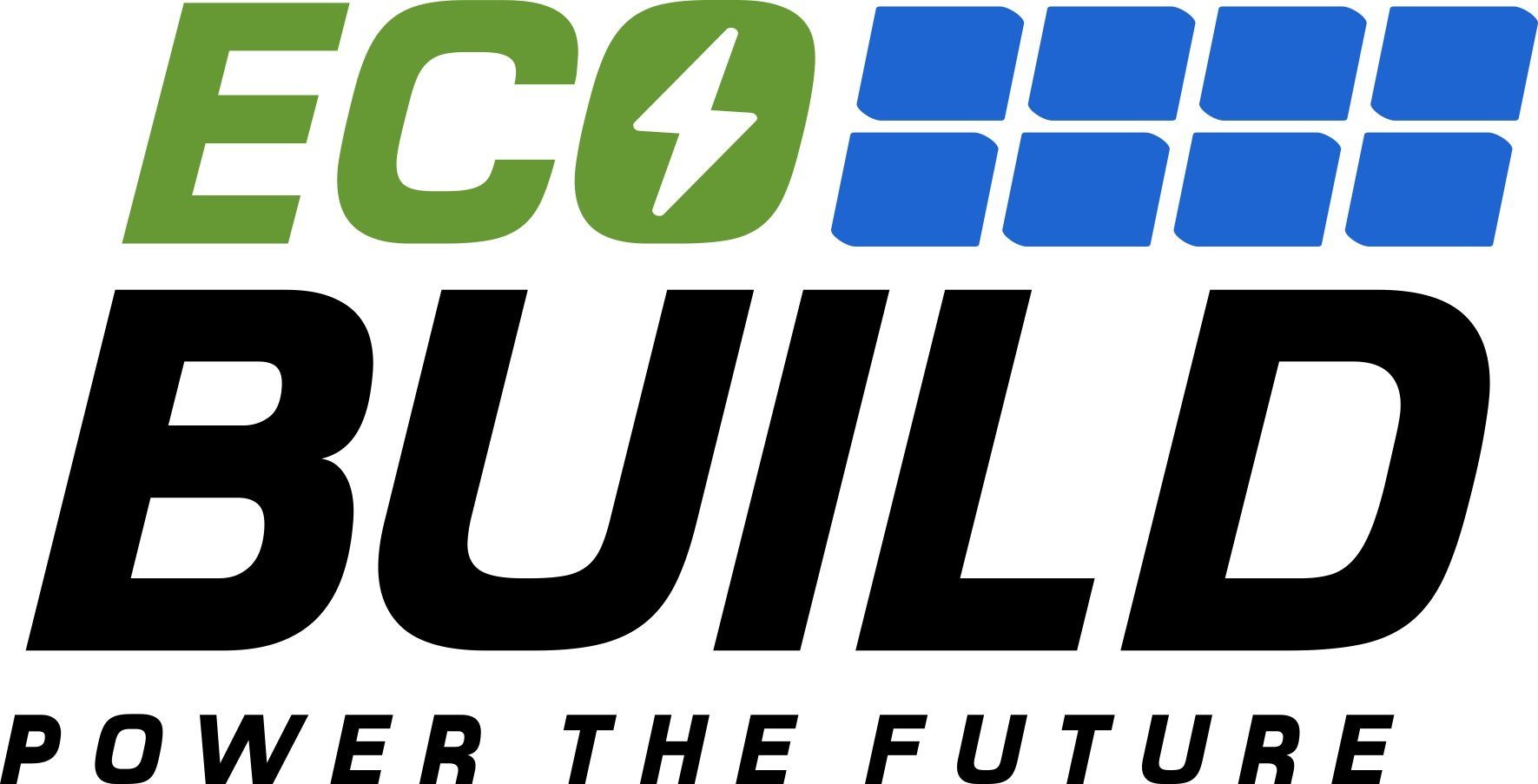What Does Residential Capacity Solar Cost?
How much do residential solar systems cost?
In 2022, homeowners are paying between $17,538 and $23,458 after taking into account the federal solar tax credit. Home solar panels are a long-term investment, and shoppers usually break even on their solar installation in eight to nine years. The specific answer to the question of how much solar panels will cost depends on your state and system size. Check out our data that can help you estimate what solar panels cost in the U.S based on factors like state, manufacturer, and system size.
On average, you can expect the following:
- 4kw grid-tie with financing: $25k + $15k for battery backup
- 6kw grid-tie with financing: $35k + $15k for battery backup
- 10kw grid-tie with financing: $50k + $15k for battery backup
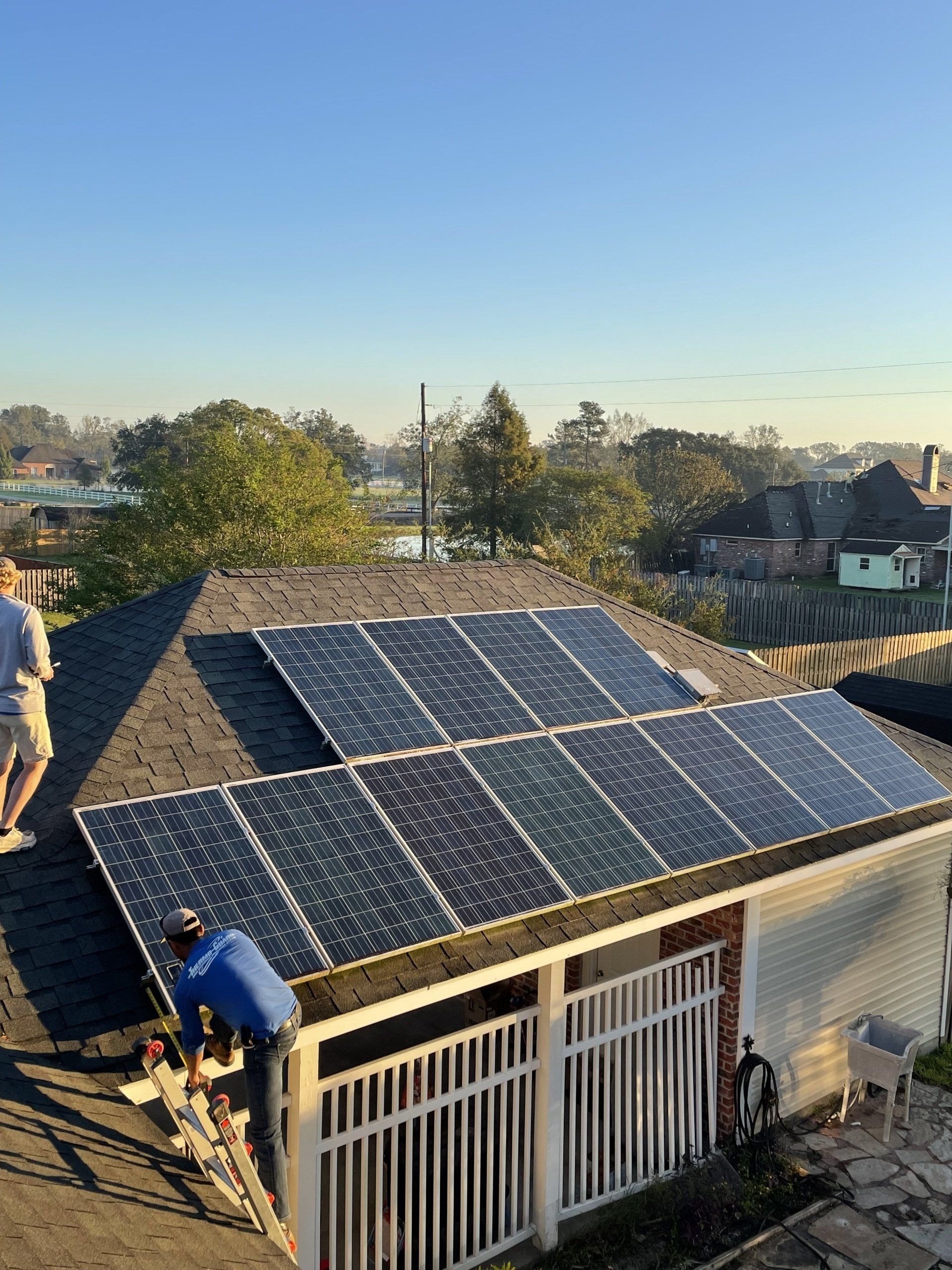
Slide title
Write your caption hereButton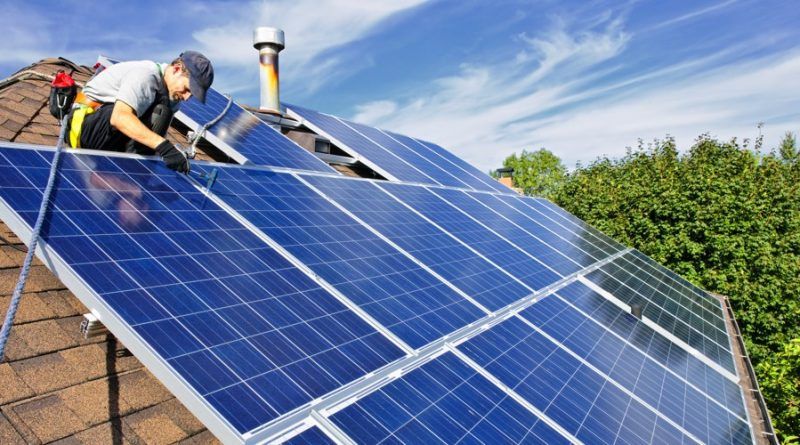
Slide title
Write your caption hereButton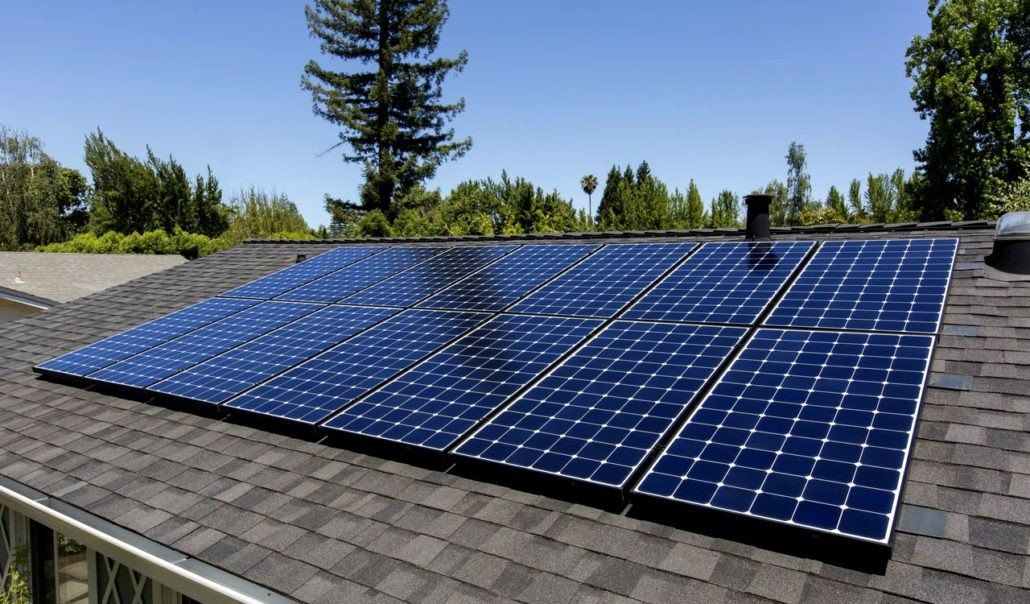
Slide title
Write your caption hereButton
Get a free quote
Residential Solar Quote
We will get back to you as soon as possible.
Please try again later.
5 Key Differences between Commercial and Residential Solar Systems
Nowadays, everyone looking to switch to solar energy even more, whether the person is a company owner or homeowner. But do you know all solar panels are not created equal? Yes, the residential and commercial solar systems are different from themselves than you think.
There are several differences between residential and commercial solar panels that help to make understanding of the systems when you think to choose renewable energy for your home or business. These differences in solar energy systems determine the nature of commercial and residential solar panels in terms of efficiency, size, installation, and color.
Here are five important differences between residential and commercial solar panels. Have a look!
-
Size
Size is the most important distinction that comes first when it comes to the difference between a commercial solar panel and a domestic solar panel. Commercial solar panels are greater than residential solar panels. The average size of a commercial solar panel is 78 inches by 39 inches and 96 cells, whereas the residential solar panel is 65 inches by 39 inches and 72 cells in its size. Many residents are installing commercial-sized solar panels for their houses as those produce more power. For this reason, it is wise to consider commercial-sized solar power panels for your home.
-
Installation
Describe the item or answer the question so that site visitorInstallation of both commercial and residential solar panel systems is done the same way as roof-mounted with a bolted racking system. The commercial solar panels are usually easy to install because they fixed on a flat roof with a non-penetrating ballasted mounting system.
Installation of both commercial and residential solar panel systems is done the same way as roof-mounted with a bolted racking system. The commercial solar panels are usually easy to install because they fixed on a flat roof with a non-penetrating ballasted mounting system.
Commercial solar power systems can use a mounting system that doesn’t enter the roof, hence it is much simpler to set up. Residential solar systems for homes require the panels to lay flush against the shingles, which needs a much slower and more careful process for installation. When commercial systems take up to a month to complete its installation process, while residential solar panels generally take one or two days to install.
-
Production and Efficiency
The commercial solar panels are capable of producing more power than the smaller residential panels because they incorporate more cells and consider themselves as bigger than residential panels. And when it comes to efficiency, commercial solar panel (19.6%) is more efficient than residential solar panel (18.1%). However, solar panels for both the systems is almost the same, for example, we calculate the price of 5kw solar panels by the power they produce for a residence the same cost as a commercial system charges.
-
Color or Shade
The commercial solar panel systems are available in white color, while residential systems offered either in black or white shade. White-colored solar panels are the most commonly used solar products for both residential and commercial applications. Residential customers usually want black-colored panels on a black backing, and commercial customers generally prefer to use black panels on white backing.
-
More Options for Commercial Solar Systems
There are several options for businesses as they have to get off the grid when they start researching solar panel systems. Companies can install solar panel systems on their roofs (solar rooftop), but they can also expand more creatively, for example, solar-paneled parking lots are another choice, as are ground installations in the surrounding land. However, residential solar systems usually don’t have more options like commercial systems because the home size and neighborhood restrictions often make roof installation the only option.
Quick & Reliable
We are available 24/7 email or telephone
Location
9530 Interline Ave 2nd Floor
Baton Rouge, LA 70809
Call
225-400-9978
The Region's Leading Residential & Commercial Capacity Solar Company
Working hours
- Mon - Fri
- -
- Sat - Sun
- Closed
All Rights Reserved | EcoBuild
